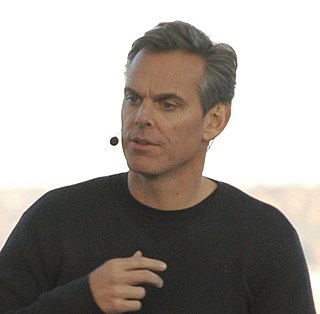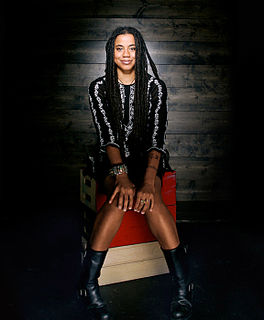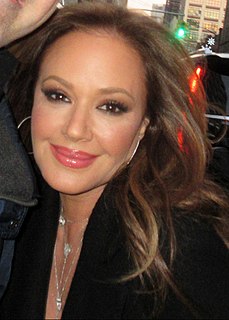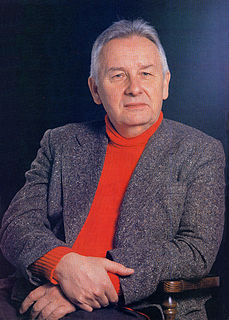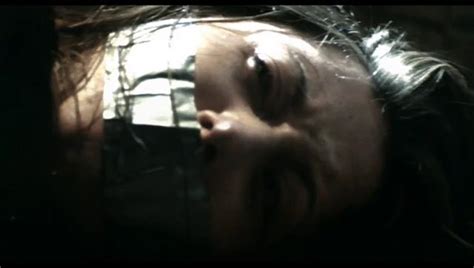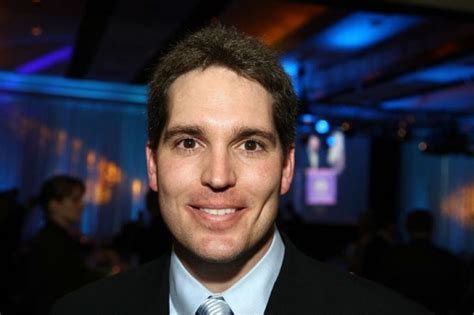A Quote by Colin Cowherd
I never tell the audience what to think of me. When I talk, how you consume it is up to you.
Related Quotes
I think as a performer, it can be really great to stand on stage, especially when you have more time, but I do think about the specific people in the audience, how it's hard for them to get up and go to the bathroom, how they chose not to do other things that night and have turned off their phones and everything. So for that reason, I think it's necessary to mix it up and talk to the audience.
There are jokes I know I want to tell, and there's sort of a rough order, but usually I try to change it up every show, to improvise and talk with the audience. I think when you tell jokes, if you're not careful, you can end up telling the whole list of jokes and then that's it. And that can get a little boring.
I love my lecture tours. I get up onstage. I have my stack of books and a glass of water and a microphone. No podium, no distance between me and the audience, and I just talk to people and get all excited and tell a lot of jokes, and sing some songs, and read from my work and remind people how powerful they are and how beautiful they are.
I read," I say. "I study and read. I bet I've read everything you read. Don't think I haven't. I consume libraries. I wear out spines and ROM-drives. I do things like get in a taxi and say, "The library, and step on it." My instincts concerning syntax and mechanics are better than your own, I can tell, with all due respect. But it transcends the mechanics. I'm not a machine. I feel and believe. I have opinions. Some of them are interesting. I could, if you'd let me, talk and talk.
I've had shows where you think, "Is this going well? I can't tell," and then you say goodnight and you get this ovation. They're sorta like a theater audience. I've learned that much; that they're not always going to be doing backflips - but I'll never figure it out. Because sometimes you walk up there, and they're so excited, and then other times, it's just... But sometimes an audience is bad, and you can tell them they're bad, and that sort of breaks the ice a bit.
I think one of the things that is important, for me, though a lot of people would disagree with me, is that you be founded in theater so that you understand what an audience is, what kind of an animal it is and how to play with it. How to have fun with it, how to sympathize with it, all the things that an audience is. I don't think you're going to find that out unless you do theater.
I do not choose my listeners. What I mean is, I never write for my listeners. I think about my audience, but I am not writing for them. I have something to tell them, but the audience must also put a certain effort into it. But I never wrote for an audience and never will write for one, because you have to give the listener something and he has to make an effort in order to understand certain things.
Keynesian modelling relies on marginal propensity to consume and marginal propensity to invest. The idea that if we give more money to the poor, they have a propensity to consume that's much higher than the wealthy, though I wish they would talk to my wife about that; she seems to have a propensity to consume.
It's funny, now that we have Twitter and Facebook and stuff, you can really see how you affect fans. Before all that, fans couldn't tell you exactly how they feel, unless they came up after a show, and even then you can't stand there and talk to everybody in the audience. So it's nice to see people tweet me and say, "Your music has changed my life," or "I had my baby to your music," or "I got married to your music." I've heard so many things, and it's amazing to hear people's stories and how you affect their life.
One day I'll give birth to a tiny baby girl and when she's born she'll scream and I'll tell her to never stop I will kiss her before I lay her down at night and will tell her a story so she knows how it is and how it must be for her to survive I'll tell her to set things on fire and keep them burning I'll teach her that fire will not consume her that she must use it
There's certain things like scripted dramas that - they're either topical or such water-cooler moments that I think that they'll be consumed within 48 hours. You don't have to consume them at 9:00 at night, but you want to consume them within the first couple of days so that you can talk to your friends about it.
